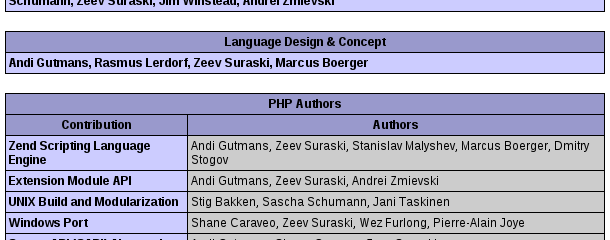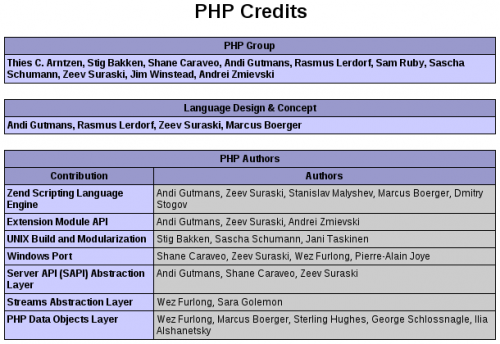Since I’ve recommended CloudFlare on this blog quite a few times, I thought it would be fair to let you guys know that I’ve removed my site from CloudFlare yesterday. The domain management is back to GoDaddy.
Why? Well, now that CloudFlare is getting bigger by the day, it seems to be getting more and more attacks and partial downtimes globally. There are also a few temporary quirks happening every now and then, where connections would get reset and such. Not that these are too annoying to have, but not knowing whether an issue with the site is a CloudFlare one or not – that’s annoying to me. I can live with my site not working right, as long as I know what exactly the problem is. Because if I know where the problem is, I usually know how to fix it and how much time it will take. When its a CloudFlare issue, I am out of the loop and I am out of control. And that I can’t have. Even if that happens rarely.
Regarding my recommendation to use CloudFlare, I still stand behind it. I think that if you haven’t tried the service, you definitely should. And, you especially should if your site has global audience and you don’t have technical team in place.

